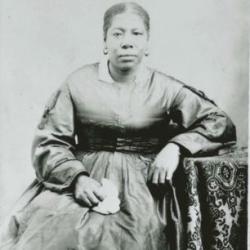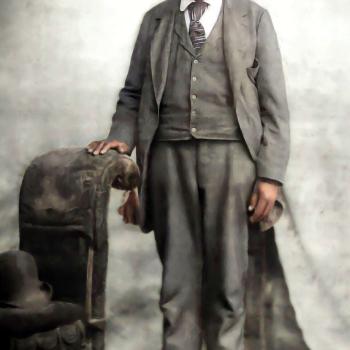When I was in seminary, “Bultmann” was almost a dirty word. He didn’t often come up in class, but if he did, what was said was usually not good. So, going into my PhD program, I had quite a negative impression of Bultmann. Things quickly changed when I audited a post-grad course with Prof. John Barclay on Paul and his interpreters. We studied all sorts of key Pauline interpreters throughout history, including Bultmann. Barclay did an excellent job contextualizing and humanizing these scholars so that we could get a glimpse of, not only what they thought, but also why. Since that course, I have a better understanding of how Bultmann was a man of his own time. I also appreciate how he dared to push beyond rigid categories of his own, and I came to learn that he was a passionate preacher. None of this is to say that he is my favorite theologian. Most of the time I cannot make heads or tails of what he is talking about, but I now understand how and why he was so influential in the early 20th century.
So, I was very delighted to see the recent release of Beyond Bultmann: Reckoning a New Testament Theology (Baylor Press, 2014; ed. Bruce Longenecker and Mikeal Parsons). And it was no surprise to me that Prof. Barclay is a contributor. Alongside Barclay, we have such respected scholars as Samuel Byrskog, Kavin Rowe, Richard Hays, Joerge Frey, Richard Bauckham, Luke Timothy Johnson, James Dunn, Larry Hurtado, Wayne Meeks, Angela Standhartinger, and Francis Watson. More or less, each contributor was asked to interact with a section from Bultmann’s Theology of the New Testament. As you can imagine, most contributors find Bultmann’s work a mixture of incisive, cogent analysis, curious assumptions, and unfortunate guesses. Bultmann is commended for boldness in his philosophical and theological interpretation. But he proves himself a product of his time with his inaccurate views of Judaism and Hellenism and what contexts and influences should be associated with Jesus and the early Christians.
I think Richard Hays does a good job of summing up how it feels to pick up Bultmann’s work and read it today.
It is a bit like the disconcerting experience of going back to one’s high school reunion after more than forty years: there are familiar and welcome memories, but one also quickly becomes aware of how much has changed, how one’w own view of the world has been altered across time, and how impossible it is to go home again. (p. 61).
But none of the contributors, including Hays, believes that the exercise of wrestling with Bultmann is futile. Rather, the best scholars of our time make it a habit of understanding the history of scholarship to see the big picture of where our discipline has come from to better see where it is and where it will go.
















